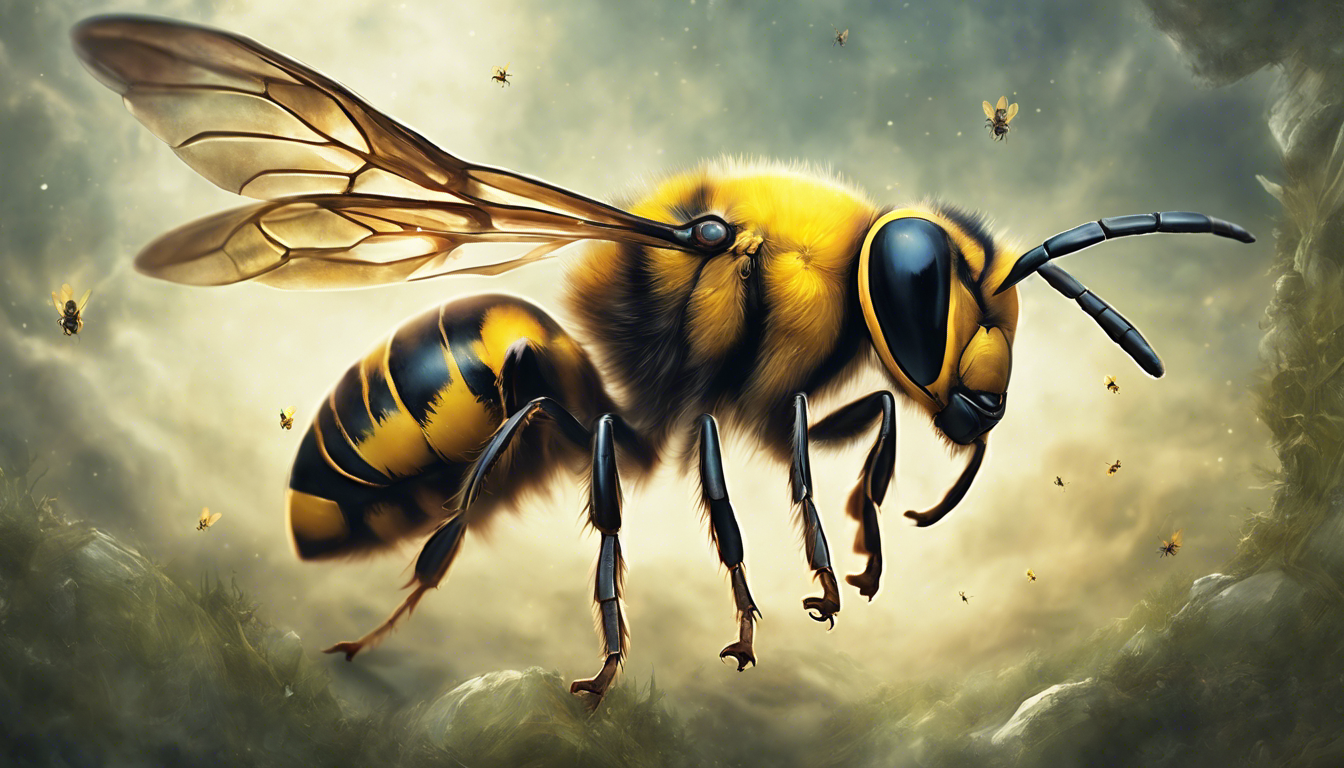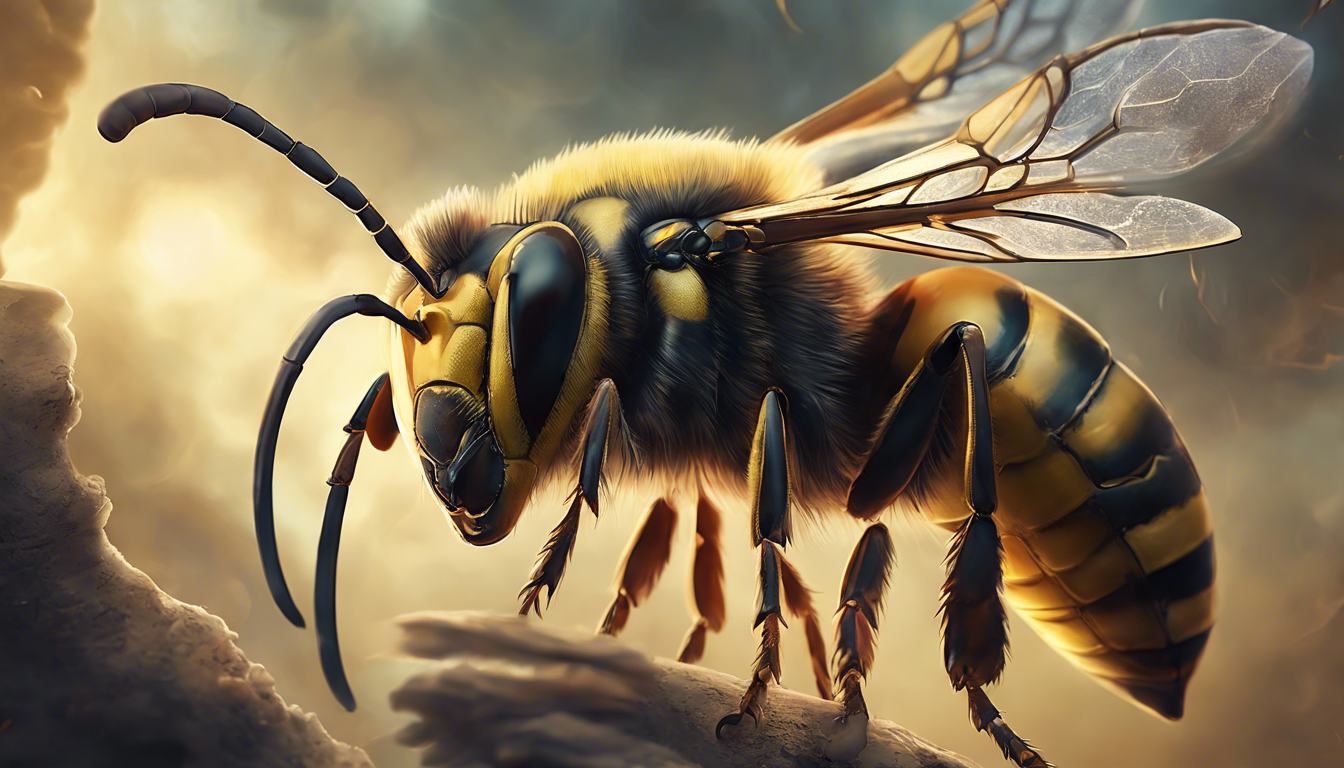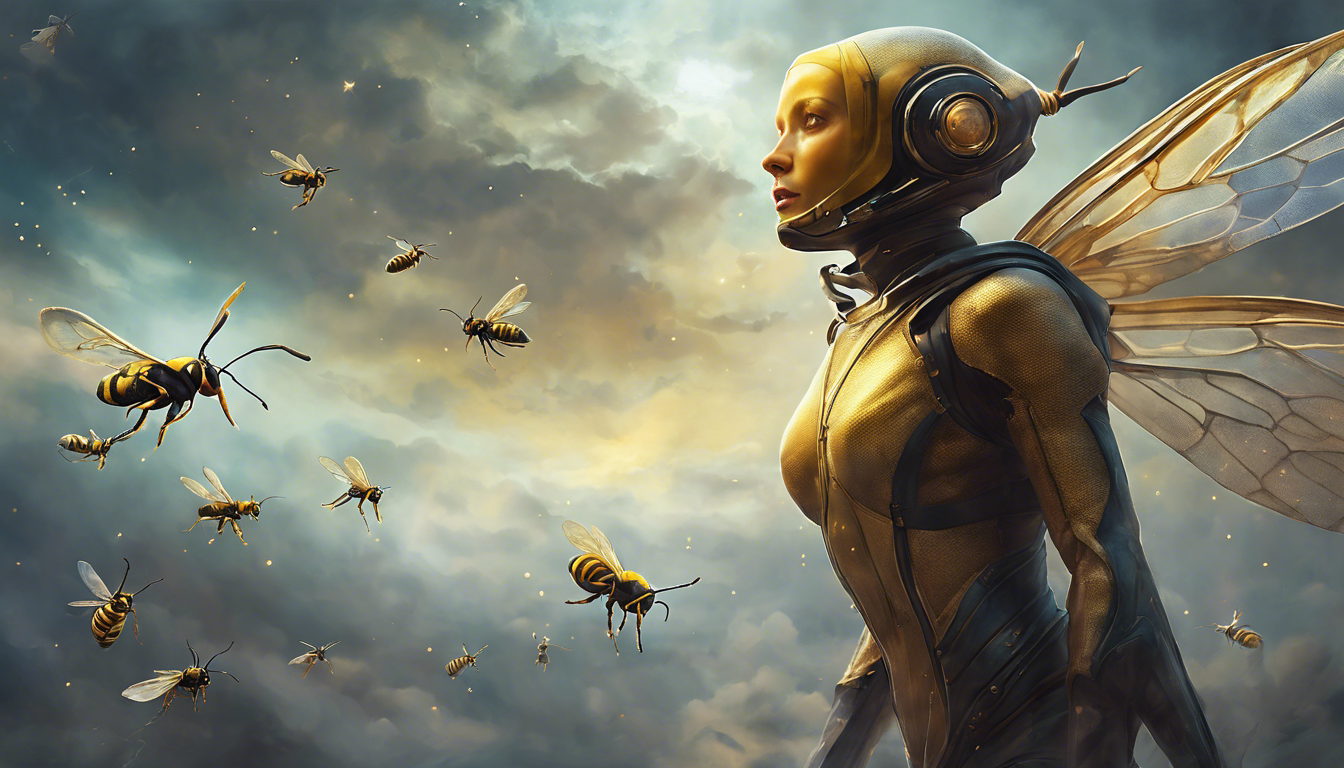The Fascination with Dreams
Dreams have intrigued and captivated humanity since the beginning of time. The mystique behind dreams lies in their ability to transport us to a realm where anything is possible, where the constraints of reality do not exist. The allure of deciphering the hidden messages within our dreams has led to a deep fascination with this enigmatic realm of the subconscious.
The Science of Dreaming
Scientists have long sought to unravel the secrets of dreams. While the exact purpose of dreams remains unknown, numerous theories have emerged over the years. One theory suggests that dreaming serves as a way for the brain to process information and emotions, consolidating memories and providing a window into our innermost thoughts and desires.
Research has shown that dreams occur during the rapid eye movement (REM) phase of sleep. This is when brain activity is high, and the body remains paralyzed. During REM sleep, the brain processes emotions, experiences, and memories, creating a dreamscape that may reflect our waking life or delve into the realm of the surreal.
Types of Dreams
Dreams come in a variety of forms, each with its own unique characteristics. Some common types of dreams include:
1. Lucid Dreams: Lucid dreaming occurs when the dreamer is aware that they are dreaming. This state of awareness enables individuals to actively participate and control the dream narrative, unleashing the full potential of their imagination.
2. Nightmares: Nightmares are intense, disturbing dreams that evoke fear, anxiety, or distress. These dreams can be a manifestation of unresolved traumas or subconscious fears.
3. Prophetic Dreams: Prophetic dreams are believed to provide glimpses into the future. Many cultures throughout history have placed great significance on these dreams, considering them as divine messages or premonitions.
4. Recurring Dreams: Recurring dreams are dreams that reoccur with similar themes or scenarios. These dreams often reflect unresolved issues or deep-rooted emotions that require attention and resolution.
The Interpretation of Dreams
Dream interpretation is an ancient art that dates back to the earliest civilizations. Throughout history, cultures have developed various methods to decipher the meanings behind dreams. These interpretations often depend on the symbols, emotions, and events experienced within the dream.
Numerous psychologists, such as Sigmund Freud and Carl Jung, have made significant contributions to the field of dream analysis. Freud believed that dreams were a gateway to the unconscious mind, revealing repressed desires and conflicts. Jung, on the other hand, emphasized the collective unconscious and the symbols that appeared in dreams.
Today, dream interpretation remains a subject of fascination and intrigue. Many individuals turn to dream dictionaries or consult with professionals to decode the hidden messages within their dreams. Whether one follows a scientific or spiritual approach, the interpretation of dreams continues to be a deeply personal and subjective experience.
Embracing the Magic of Dreams
Regardless of the scientific explanations or interpretative methods, the fascination with dreams remains steadfast. Dreams provide an escape from reality, allowing us to explore the depths of our imagination and tap into our subconscious mind. They can inspire creativity, offer guidance, and provide a source of inspiration in our waking lives.
So, the next time you find yourself lost in the ethereal realm of dreams, embrace the magic and delve into the myriad of possibilities that await you. With an open mind, dreams can become a powerful tool for self-discovery and personal growth.
The Significance of Wasps

When you think of insects that you may encounter in everyday life, wasps might not be the first to come to mind. Often regarded as pests, these buzzing creatures are often met with fear and apprehension. However, there is much more to wasps than meets the eye. In fact, they play a significant role in our ecosystem and have several unique characteristics that make them fascinating creatures.
The Role of Wasps
Wasps are important pollinators, just like bees and butterflies. They visit flowers in search of nectar and inadvertently transfer pollen from one plant to another, aiding in the fertilization process. This helps in the reproduction of plants and the production of fruits and seeds. So, the next time you enjoy a delicious apple or a refreshing glass of orange juice, thank a wasp!
In addition to their role as pollinators, wasps are also natural pest controllers. They feed on insects that are considered pests in agricultural crops, such as caterpillars and aphids. By preying on these pests, wasps help maintain a balance in the ecosystem and reduce the need for chemical insecticides.
Unique Characteristics
Wasps have a few distinctive features that set them apart from other insects. Unlike bees, wasps have a narrow waist between their thorax and abdomen. They also have smooth bodies that are shiny and vibrant in color, often black and yellow.
One of the most notable characteristics of wasps is their ability to sting. While this can be a cause of concern for many, wasp stings serve as a defense mechanism to protect themselves and their colonies. It’s important to note that only female wasps have stingers, and they will only sting if they feel threatened.
The Social Structure
Wasps, like bees, live in colonies and have a hierarchical social structure. Each colony is led by a queen, who is responsible for laying eggs and maintaining the colony. The male wasps, known as drones, do not have stingers and their primary role is to mate with the queen. The worker wasps are all female and take care of tasks such as nest building, foraging for food, and caring for the young.
Next time you encounter a wasp, take a moment to appreciate its significance in our ecosystem. Whether they are pollinating plants or controlling pests, wasps are an integral part of our natural world. By understanding and respecting these creatures, we can coexist with them harmoniously. So, let’s embrace the remarkable world of wasps and the value they bring to our environment.
Possible Interpretations of Wasp Dreams

Dreams can often offer insight into our subconscious thoughts, emotions, and desires. While some dreams may be straightforward to interpret, others can be more ambiguous and mysterious. One such dream that may leave you questioning its meaning is a dream about wasps. These buzzing insects can provoke fear and anxiety in many people, making their appearance in dreams all the more intriguing.
The Symbolism of Wasps
Before delving into the possible interpretations of wasp dreams, it’s important to understand the symbolism associated with these insects. Wasps are commonly associated with danger, aggression, and anger. They are known for their painful stings and their tendency to build nests in close proximity to humans, often resulting in confrontations and fear.
However, wasps are also highly organized creatures that work in a structured community, indicating themes of social hierarchy, collaboration, and productivity. This dual symbolism of wasps can provide clues to the possible meanings behind dreams involving these insects.
Possible Interpretations
1. Fear or Anxiety: Dreaming about wasps may signify underlying fears or anxieties that you are currently experiencing in your waking life. It could be a reflection of feeling threatened, overwhelmed, or on edge. Analyze what is causing these emotions and take steps to address them.
2. Anger or Aggression: Wasps’ aggressive nature in dreams may represent repressed anger or aggression that you are harboring. It could be related to a specific person or situation, or it might be a more general expression of frustration and irritability. Reflect on what is triggering these emotions and find healthy ways to channel and release them.
3. Social Dynamics: Considering the hierarchical structure of wasp communities, dreaming about wasps may reflect your thoughts and feelings about social relationships, power dynamics, or group interactions. It could signify a need to establish boundaries or assert yourself in certain social situations.
4. Productivity and Collaboration: Alternatively, the presence of wasps in dreams could symbolize a need for increased productivity or collaboration in your life. It may be a reminder to work together with others towards a common goal and make the most of your skills and resources.
Interpreting dreams is a subjective process, and the meaning of wasp dreams can vary from person to person. While considering the symbolism associated with wasps can provide some guidance, it’s essential to reflect on your personal experiences, emotions, and circumstances when deciphering the significance of these dreams. Remember, dreams are a powerful tool for self-reflection and understanding, and exploring their meanings can lead to personal growth and insight.
Psychological Explanations for Wasp Dream Symbolism

Dreams have long fascinated and intrigued human beings. They often present us with vivid imagery and symbolic representations of our inner thoughts, emotions, and experiences. One common dream symbol that many people may encounter is the presence of a wasp. While the presence of a wasp in a dream may seem perplexing, it is believed to hold significant psychological meaning.
Symbolism of Wasps in Dreams
Before delving into the psychological explanations, let’s first understand the symbolism of wasps in dreams. Wasps are commonly associated with aggression, danger, and pain. They are known for their powerful stings, which can cause a great deal of discomfort. In dreams, wasps can represent unresolved conflicts, repressed anger, or feelings of being threatened or attacked.
The appearance of a wasp in a dream can also symbolize a person or situation that is causing distress or harm in your waking life. It might indicate the presence of someone who is manipulative, deceitful, or antagonistic. Wasps in dreams can serve as a warning sign to pay attention to potential threats or toxic relationships.
Psychological Explanations
Psychologists offer several theories to explain the psychological meanings behind the presence of wasps in dreams:
- Unresolved Emotions: One explanation is that the presence of wasps in dreams represents unresolved emotions and the need to address them. It may indicate repressed anger or unresolved conflicts that need to be dealt with in order to find inner peace and emotional well-being.
- Threat Perception: Wasps often elicit fear and anxiety in individuals due to their potential to cause harm. In dreams, the presence of a wasp may suggest a heightened sense of threat perception. It could be a reflection of feeling vulnerable or under attack in some aspect of your life.
- Assertiveness and Boundaries: Wasps are known for their aggressive nature. Consequently, their appearance in dreams might indicate the need to assert oneself and set clear boundaries. It could serve as a reminder to stand up for oneself and protect personal space.
- Hidden Anger: Wasps in dreams may be a manifestation of hidden anger or resentment. The dream might be urging you to acknowledge and express these feelings constructively, rather than allowing them to simmer beneath the surface.
It is important to remember that dream symbolism is highly subjective and can vary from person to person. While these psychological explanations offer insights into possible interpretations of wasp symbols in dreams, it is essential to consider your own personal context, emotions, and experiences when analyzing dream imagery.
By paying attention to your dream symbols and exploring their psychological meanings, you can gain valuable insights into your subconscious mind and potentially uncover unresolved issues or emotions. Remember, dreams are a powerful tool for self-reflection and personal growth.


Article written by Dera
Greetings, I am Dera, a 35-year-old individual with a deep passion for spirituality. Through my website, I aim to share my insights and knowledge to help others on their spiritual journey. Join me on the path to inner peace and enlightenment.